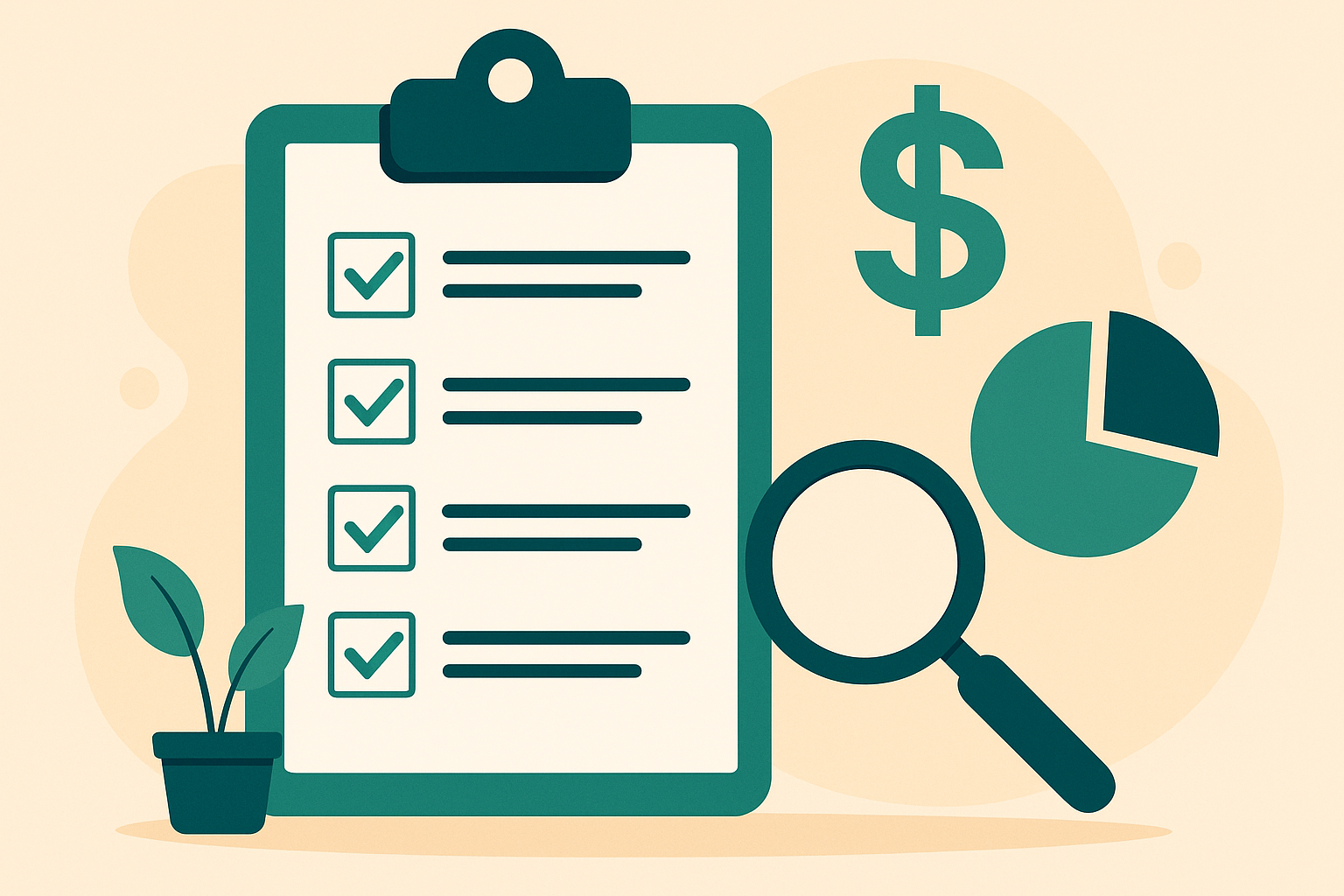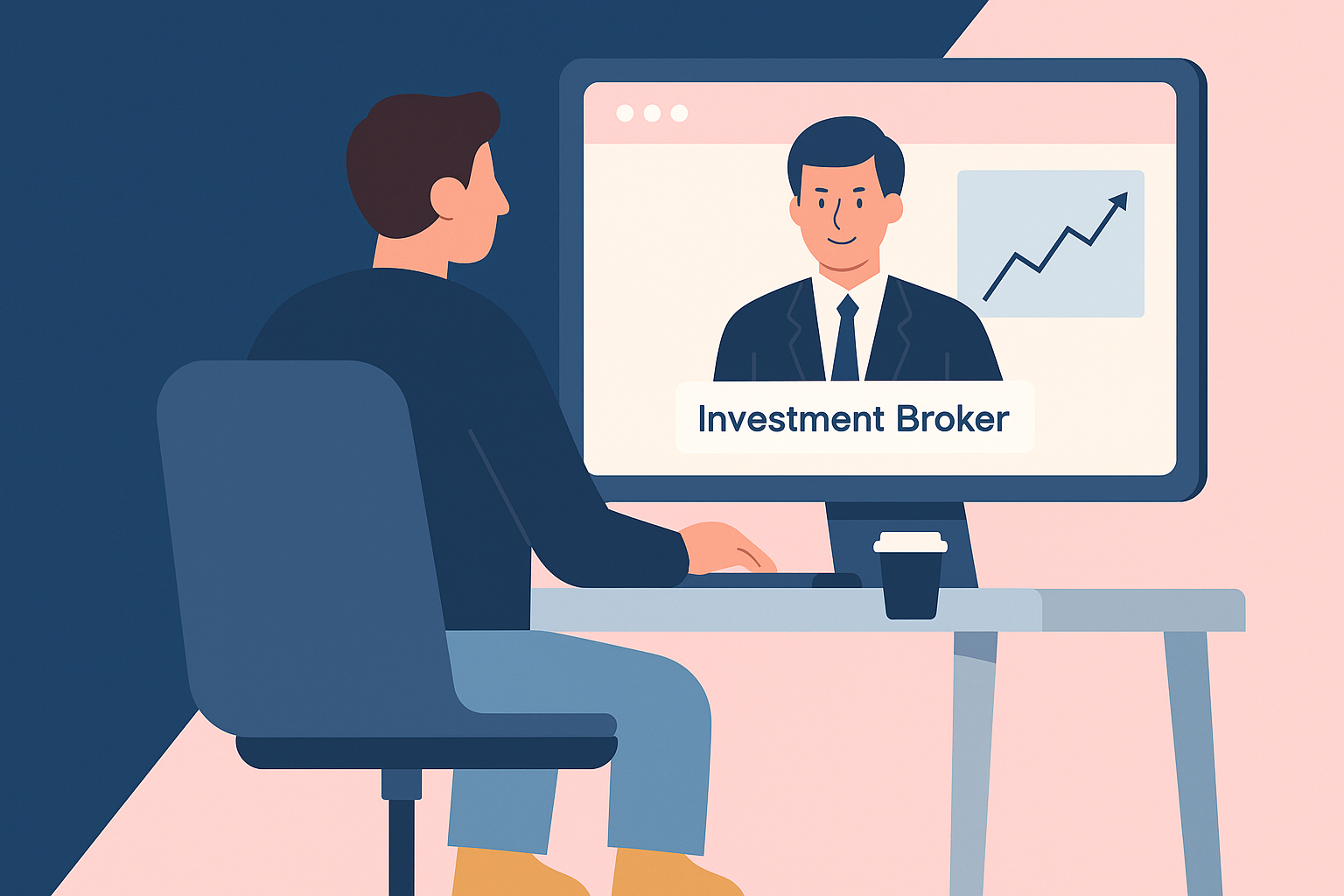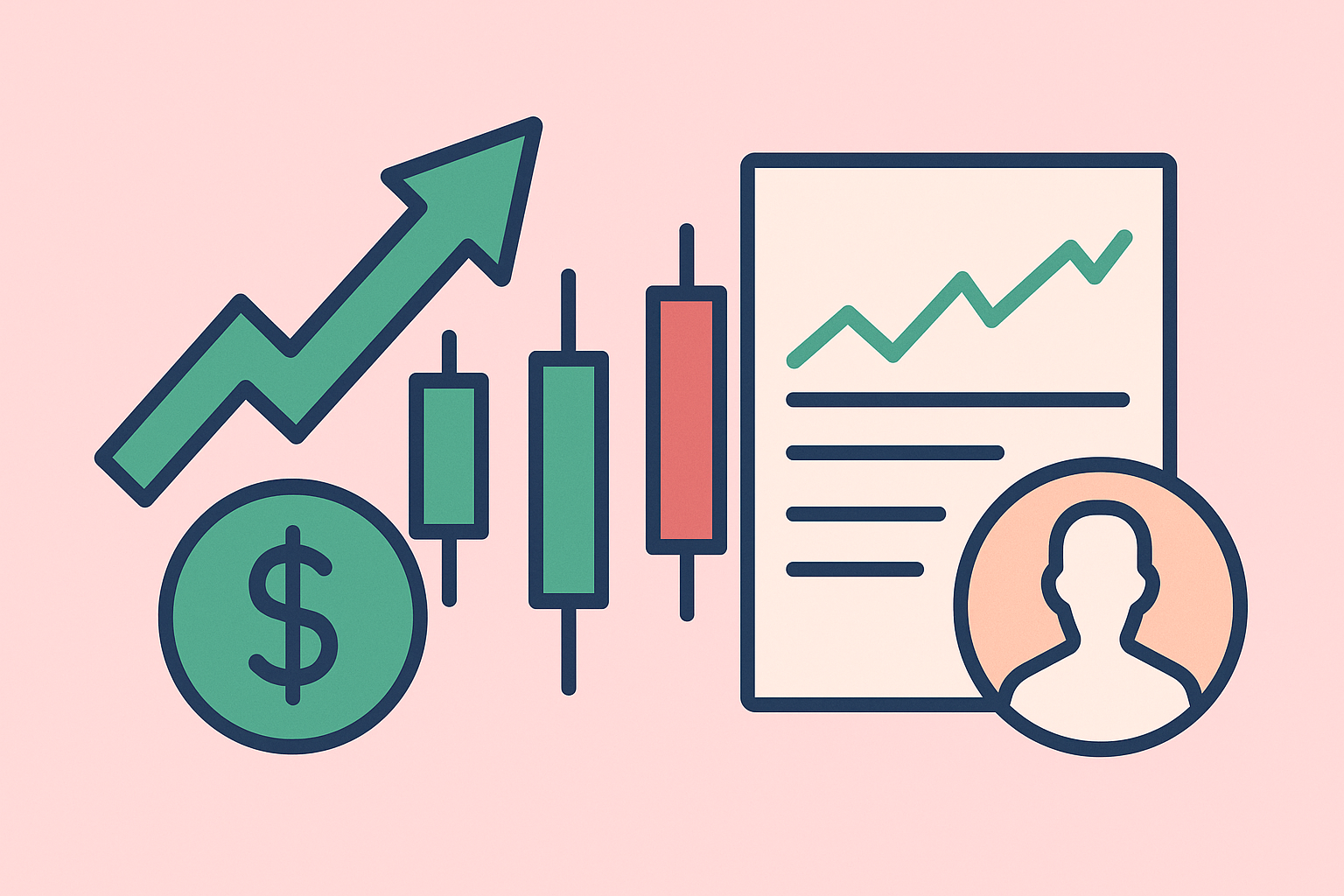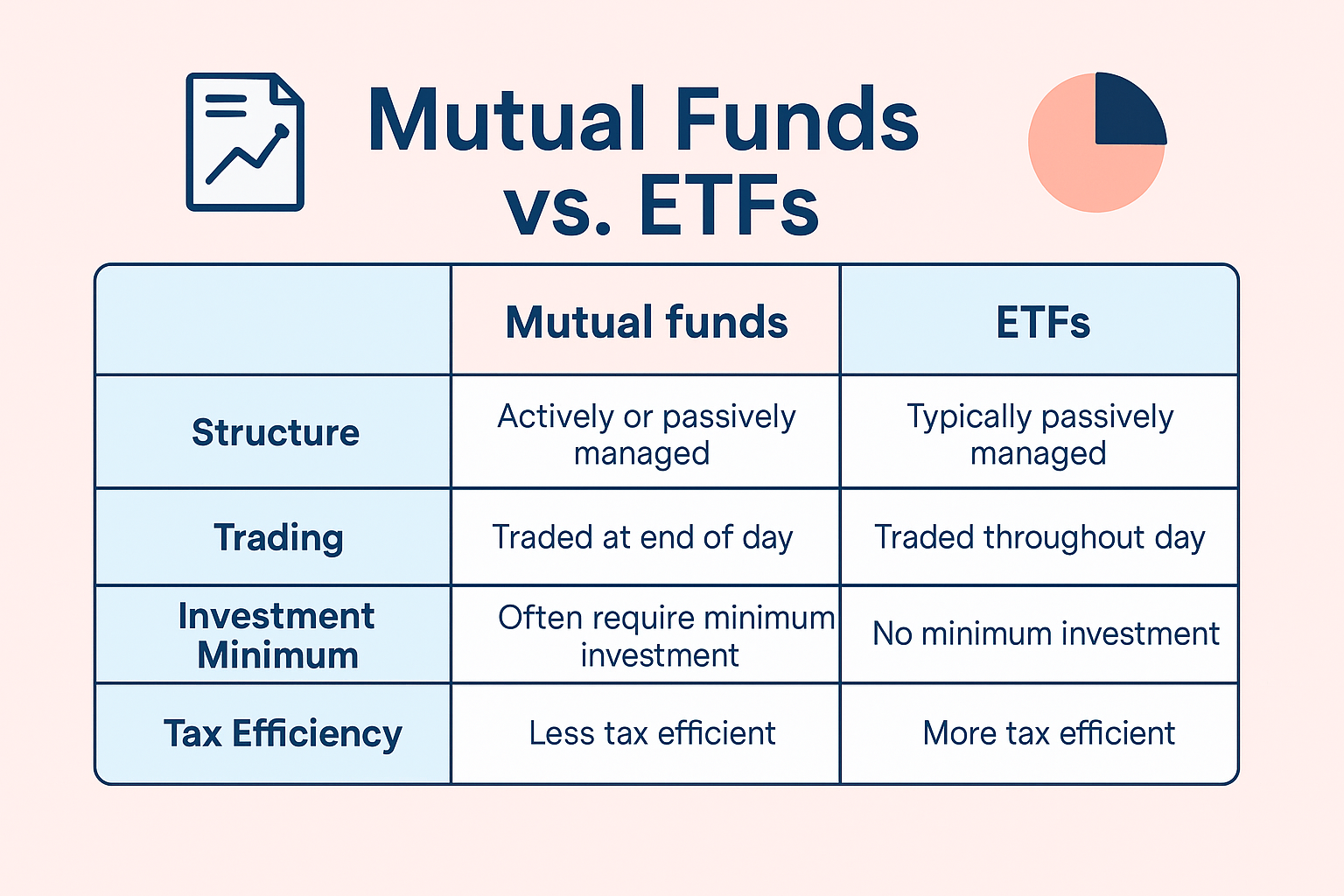What is an investment broker and why do you need one?
Why this matters
Every beginner investor asks the same first question: “Where do I even start?”
The honest answer: you can’t invest without a broker. But brokers are not all the same — and understanding what they do (and don’t do) is the first real step toward investing with confidence.
What exactly is an investment broker?
An investment broker is your access point to the financial markets. Think of them as the “infrastructure” between you and the stock exchange. You can’t walk up to the New York Stock Exchange or Euronext and buy shares yourself — you need a licensed intermediary to execute that order.
A broker’s core role is simple:
- Provide access to markets (stocks, ETFs, bonds, funds)
- Execute trades on your behalf
- Hold investments securely in regulated accounts
- Offer tools or advice (depending on the broker type)
Some brokers stop at execution. Others package in research, education, and even full financial planning.
Types of brokers beginners should know
Full-service brokers
- Provide tailored advice, research, and financial planning.
- Typically charge higher commissions and fees.
- Still relevant for people who want human guidance.
Discount brokers
- Focus mainly on low-cost execution.
- Minimal research or advice — you manage your own portfolio.
- Popular with cost-conscious investors.
Online brokers / trading apps
- Fully digital: accessible via websites or mobile apps.
- Often commission-free or low-cost.
- Designed for accessibility, which makes them the entry point for most beginners today.
Why beginners need a broker
Even if you don’t want advice, you need a broker for one reason: access. Brokers are licensed to connect you with financial markets in a way individuals legally cannot.
But there are more subtle reasons too:
- Regulation & protection: Reputable brokers are supervised by financial authorities (e.g., SEC in the U.S., FCA in the UK, AFM in the Netherlands). This gives investors legal protections.
- Technology & usability: Modern platforms package market access with real-time data, reporting dashboards, and mobile apps that make it easy to follow your investments.
- Liquidity & efficiency: Brokers don’t just “place your order” — they route it efficiently so you get a fair price without having to think about market mechanics.
How to evaluate a broker (without hype)
Most advice online compares lists of “best brokers,” but the truth is: the best broker doesn’t exist. The right broker depends on what you need.
Ask yourself:
- Regulation → Is the broker licensed in your country? (non-negotiable)
- Cost structure → What are commissions, account fees, and hidden charges?
- Ease of use → Is the app or platform intuitive for someone new?
- Product availability → Can you access ETFs, mutual funds, or international markets?
- Support → If something goes wrong, can you reach someone quickly?
FAQ
Q: Can I invest without a broker?
In traditional markets like stocks or bonds, no — you need one. In crypto, exchanges act as brokers, but regulation is weaker.
Q: Are brokers safe?
Only if they’re regulated. Always check licenses with the relevant authority before signing up.
Q: Do all brokers give advice?
No. Many online brokers simply give you access. If you want advice, that’s a different (and more expensive) service.
Conclusion
For beginner investors, choosing a broker isn’t just the first step — it’s the foundation. A good broker gives you access, protection, and the right tools. A poor choice creates friction, hidden costs, or worse, risks your money with inadequate safeguards.
The smartest move isn’t chasing the “best” broker. It’s choosing the broker that aligns with your level of experience, your budget, and your goals.




